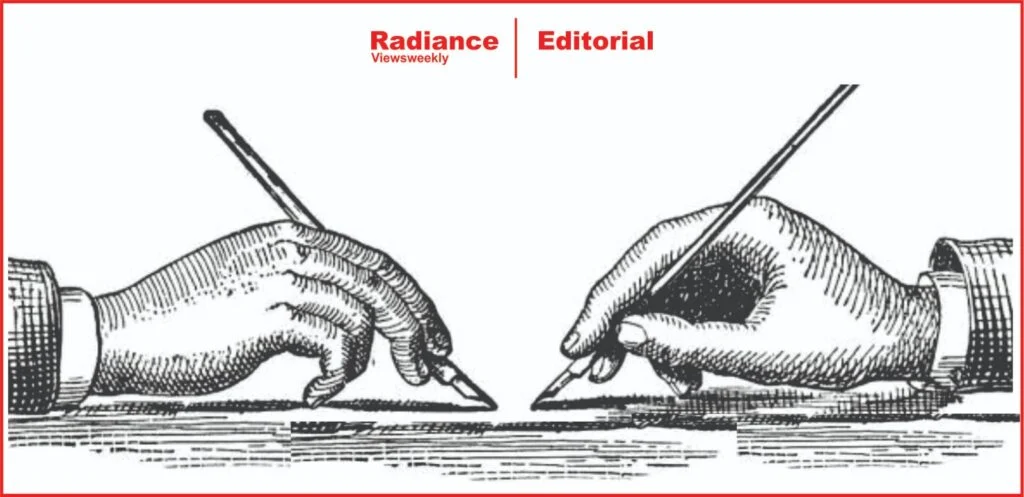The recent attack in Pahalgam shook the nation, and India’s response was swift and resolute. What stood out was the overwhelming support this response received – not only from all political parties and citizens at large but notably from Muslim organisations, community leaders, and common Muslims. Their unequivocal support and appreciation for the Indian Army and government action reflected a strong commitment to the nation’s security and unity, underscoring the shared responsibility felt across communities.
This moment of collective strength, however, calls for deeper introspection. As a nation, we must use this opportunity to reinforce our resilience against the challenges that periodically threaten our social fabric. These challenges are multifaceted – political, communal, and psychological – and require a nuanced understanding and concerted effort to address them.
One of the most serious concerns that has re-emerged in the aftermath of the Pahalgam attack is the ugly resurgence of communalism. Attempts to divide India along Hindu-Muslim lines have surfaced once again, threatening to undermine the pluralistic ethos that has been the hallmark of Indian society. The government’s prudent and decisive action has largely contained these divisive forces, but unfortunately, certain political leaders, segments of the media, and even some authorities continue to fan the flames of discord for their short-term gains.
Such actions may yield immediate political advantages, but they gravely undermine the foundational values of “Indianness”– the unity in diversity that defines the country. This is a matter of great concern, especially as the Muslims appear to be bearing the brunt of the fallout. There are worrying signs that the democratic rights of Muslims are being eroded and that their democratic space is shrinking. If this trend continues unchecked, it threatens to weaken India’s social cohesion and its global soft power.
India’s stature as a great nation depends on a balance of hard power and soft power. While hard power – military strength, economic prowess, and strategic capabilities – is essential, it is the soft power rooted in cultural inclusiveness, communal harmony, and democratic values that truly sustains a nation’s greatness. India’s strength lies in its ability to accommodate diverse communities and nurture a pluralistic society where every citizen feels valued and secure.
The challenge ahead, therefore, is to reaffirm and protect this pluralistic spirit. Effective remedial measures are urgently needed to safeguard the democratic rights of all communities, especially minorities. Political leaders must rise above narrow interests and work to heal divides rather than deepen them. Media must embrace responsible journalism that fosters unity rather than polarisation. Civil society and community leaders should continue promoting dialogue, understanding, and cooperation.
India’s response to the Pahalgam attack showed that unity is possible when the nation stands together. Now, it is high time to translate that unity into sustained efforts to strengthen the social fabric. Only then can India truly overcome the challenges of communalism and political polarisation and move forward as a resilient and harmonious society.
In short, the path to a great India is paved not only with military and economic strength but also with social solidarity and mutual respect. The lessons from Pahalgam remind us that safeguarding our democracy and pluralism is not optional – it is an urgent necessity. As citizens and as a nation, we must recommit ourselves to the ideals that make India a beacon of hope in the world: unity, diversity, and inclusive democracy.


